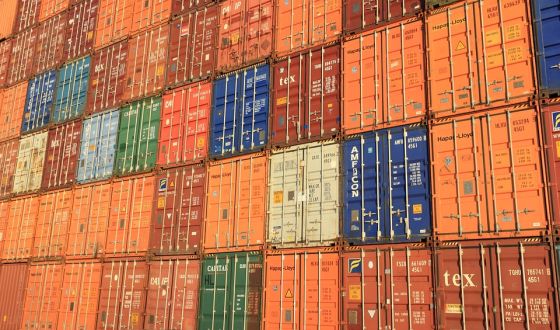
Higher prices for consumers, trade diversion effects and a sharp decline in bilateral trade are the chief results of the recent spate of USA/China trade tariffs.
The so-called 'trade war' is economically hurting both countries, according to the United Nations Conference on Trade and Development (UNCTAD) and a new study.
It found that US consumers are bearing the heaviest brunt, with associated costs largely been passed down to them and importing firms in the form of higher prices. Meanwhile, Chinese firms have begun to absorb part of the costs of the tariffs by reducing the prices of their exports, the study said.
“The results of the study serve as a global warning. A lose-lose trade war is not only harming the main contenders, it also compromises the stability of the global economy and future growth,” cautioned UNCTAD’s director of international trade and commodities, Pamela Coke Hamilton. “We hope a potential trade agreement between the US and China can de-escalate trade tensions.”
The analysis shows that US tariffs caused a 25% export loss, inflicting a US$35 billion blow to Chinese exports in the US market for tariffed goods in the first half of 2019. This figure also shows the competitiveness of Chinese firms which, despite the substantial tariffs, maintained 75% of their exports to the US.
Diverted trade - Taiwan largest beneficiary
Of the $35 billion Chinese export losses in the US market, about $21 billion (62%) was diverted to other countries, with the remainder of $14 billion either lost - or captured by US producers, the latter among the stated aims of the tariffs.
Taiwan gained $4.2 billion in extra exports to the US in the first half of 2019 (largely in office machinery and communication equipment, according to the stats).
The EU gained $2.7 billion, largely in the machineries sectors. Vietnam and India also made gains.
You can delve further into the statistics in the report on the UNCTAD site.



